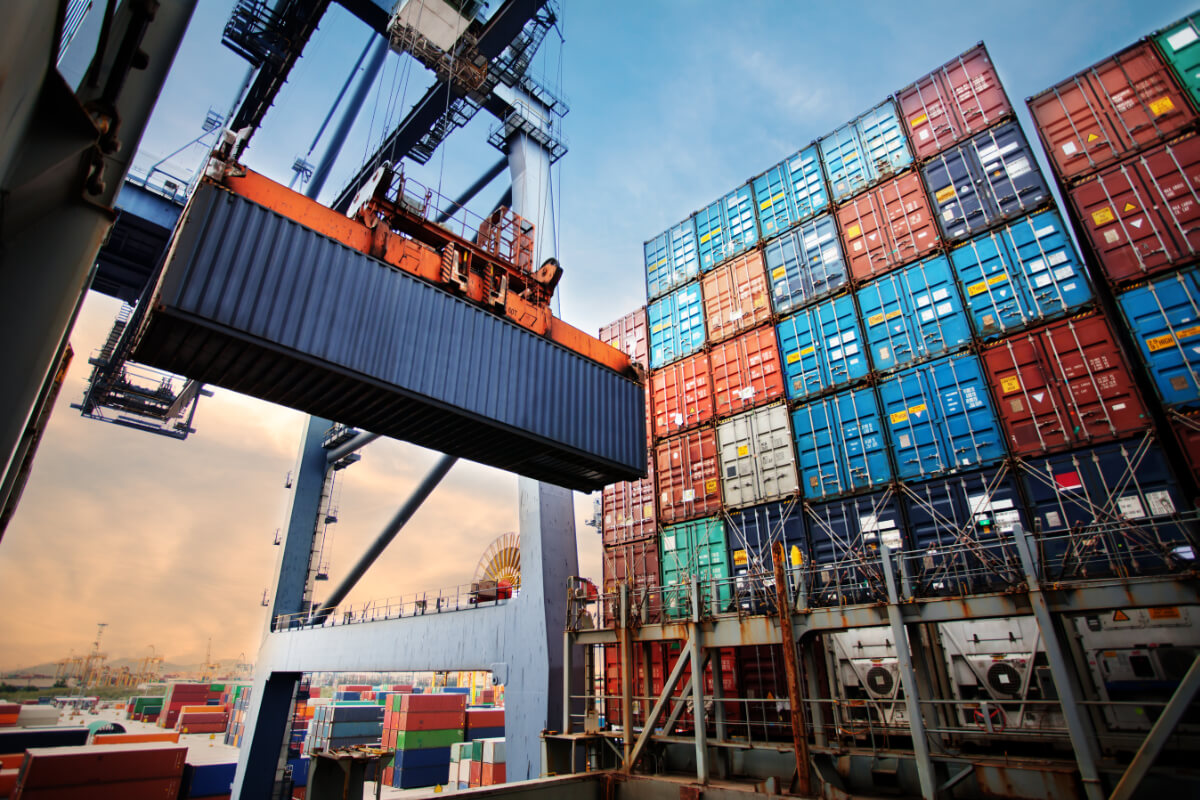
The title question is not just about the individuals who remove the contents from containers and trailers, but who additionally bears the responsibility for that outcome. The supply chain, like most processes in the United States, is governed by rules and regulations. Therefore, depending on the municipality, those tasked with unloading freight may or may not be responsible for the condition of cargo by the time it is received at the loading dock. In this posting, we’ll tackle the scope of the work, as well as why partnering with professional freight unloaders is always the best route to a job well done.
One of the oldest, most amended laws concerning unloading freight is the Carmack Amendment. First launched in 1935, it created a uniform national liability system for interstate carriers to protect both the carrier and shipper. It specifically allows a carrier to require that all loss and damage claims be made within a certain time period, as well as limits the carrier’s liability if certain terms are met. Basically, this amendment requires all freight to be insured against damage and losses. Here are the key points:
To make a case against a carrier, shippers must prove that:
1) The goods are free of damages when initially received by carriers, and
2) The goods were damaged in transit that is prior to delivery, and
3) The financial amount of damages in United States dollars that the goods “suffered”.
Additionally, there are OSHA concerns. Another facet of loading liability is injury. Should someone loading or unloading freight be injured, where and how the injury/injuries occurred becomes relevant. If the shipper loaded the freight, secured the cargo, and sealed the doors, it is imperative that this operation be observed by authorized personnel
That is because a major facet of unloading freight liability is when someone gets injured because of shifting or falling freight, either while the cargo is in transit or during the unloading process. Examples of common accidents involving shifting or falling freight frequently include the tractor and trailer rolling over due to load shifts of imbalanced freight while the container is being unloaded. When the cargo vehicle’s doors are opened and freight rains down on an unsuspecting driver or cargo handler, this too can be litigation in the making. There are variances as to who is responsible, however, liability for injuries of this type usually applies to the people that loaded the truck/trailer.
This is not a posting about the ordinances, rules, and regulations that apply to safe loading and unloading of freight. Instead, it underscores the fact that Express Freight Handlers, as a leading lumper firm, can be relied upon to be aware of and fully compliant with the freight handling regulations of the states and municipalities of every client we serve. And we serve clients in over 38 states by unloading over a million containers and trailers every year.
Unloading freight is not a task to be left to unskilled day labor, nor to the inexperienced warehouse or receiving staffers. Instead, reduce the possibility of liability litigation that will impact revenues and overhead costs. Partner with Express Freight Handlers’ dependable professionals hired on a task-by-task basis. Our teams are seasoned, OSHA-certified, supervised, and work swiftly and safely to unload your freight.
Learn more by speaking with our team today!

